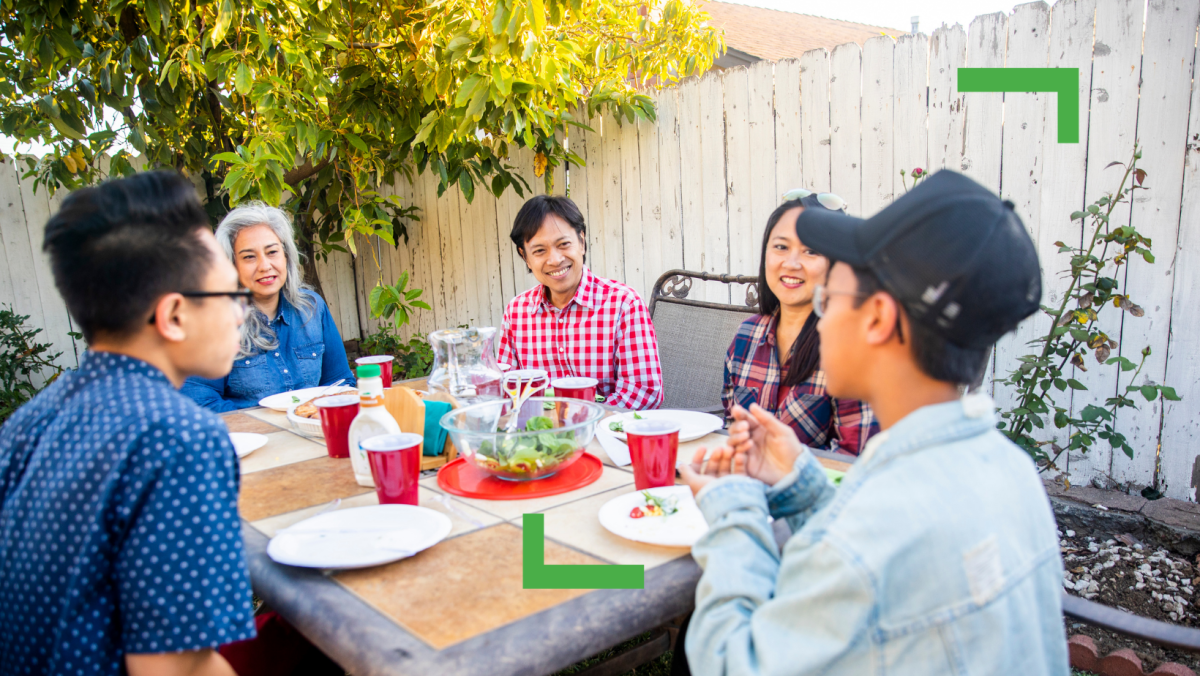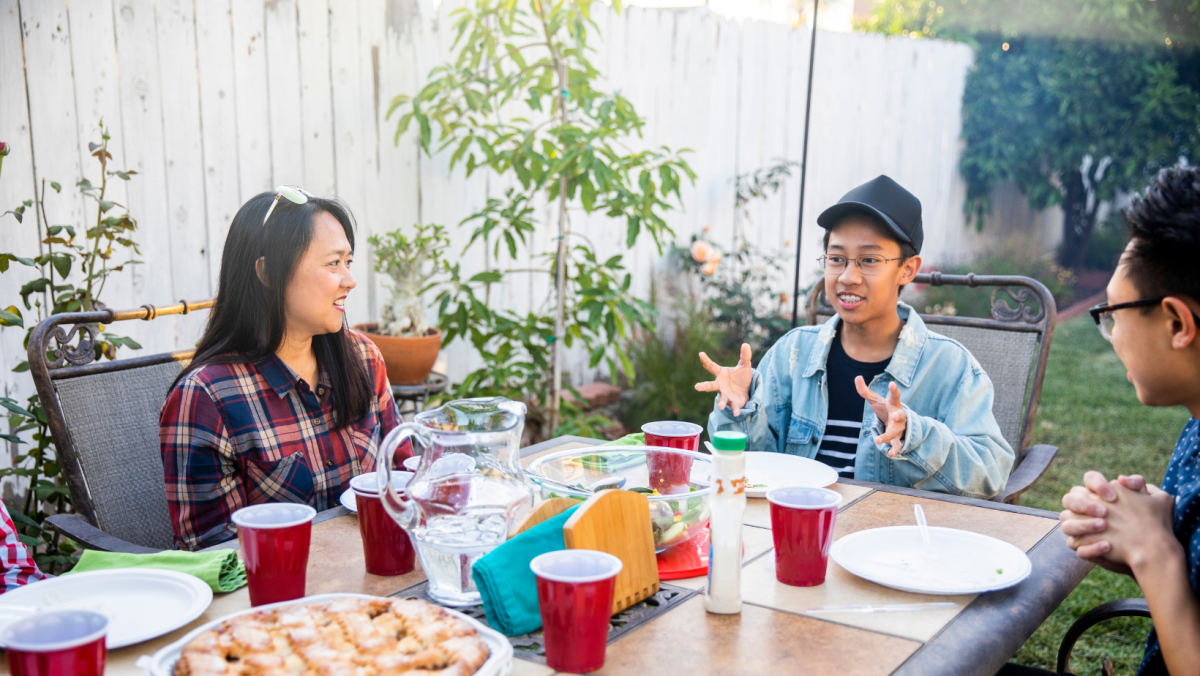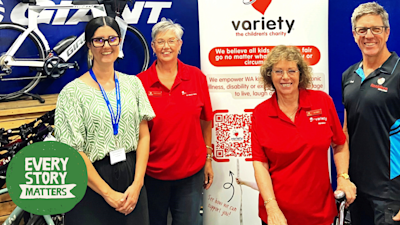Children have the right to choose their own friends and safely connect with others.

This week is National Children’s Week, and the theme, based on Article 15 of the United Nations Convention on the Rights of the Child is that “Children have the right to choose their own friends and safely connect with others”. For kids in care, building strong, lasting and safe relationships is vital.
Jack*, a teenager living in one of our residential homes in Tasmania, hasn’t lived through as many lockdowns as other kids have over the last year, so he and his best friend Cam* have continued to see each other quite a lot.
When Jack first came into care, he found it tough to make and keep friends. It was hard for him to trust people and feel safe around other kids and adults. But once in a safe space, Jack’s outlook on life and friends started to change.
His Life Without Barriers team applied the therapeutic CARE Model developed by Cornell University, to guide work with Jack, creating the conditions he’s needed for positive change.
In particular, his team helped him develop the skills and behaviours he needs to regulate his anger, relate better to other kids and adults and deal with situations that are out of his comfort zone. Since the pandemic hit, his support team focused on making sure life is as ‘normal’ as possible for him.
For Jack, this means giving him opportunities to regularly see his friends and his sister, having people over for dinner, staying over at friend’s houses, and having them stay over at his place. Last year Jack even spent Christmas day celebrating with Cam’s family, which shows just how far he has come.
Andrew, Team leader for Children, Youth and Family in Tasmania, said that connections to community are important to Jack.
“He has a good relationship with his sister, sees her regularly, four times a week. He talks to his mum on the phone quite regularly as well and he will catch up with her in person when he can.”
For Life Without Barriers, we ensure that every day, we put children first. We know that when children feel safe, supported and surrounded by people and communities who love and care for them, it makes a massive difference in their lives and the way that they see and experience the world.
“He’s very funny, great sense of humour, likes to banter. He was very angry when he first came to us but now, he can self-regulate his anger.” Said Andrew.
The program has also taught him the importance of a good education. “He didn’t use to go to school – he’s now going to college and completed year 10.”
“We want him to finish year 12 – find him subjects he’ll actually enjoy. He started music and he learnt the guitar. It’s a real calming thing for him. He’s good with his fingers and he reckons it’s because of his ADHD his fingers move quickly.”
His school also recognised that he was great with some of the younger students. “They got him to be a mentor to kids a couple of years younger than him. He’s good at this.”
Jack also enjoys having sleepovers at the residential house and has sleepovers at friend’s house with all of the usual safety measures, like keeping doors open, in place.
Andrew said it’s just the normal things you would do as parents.
“I wouldn’t do any different with my own kids.”

*Names changed to protect children and young people in our care.


